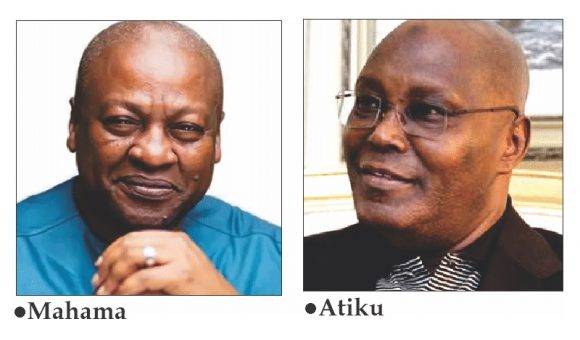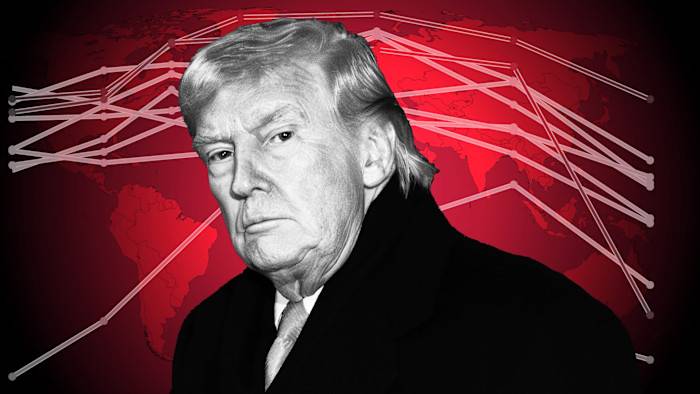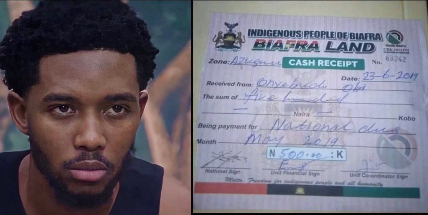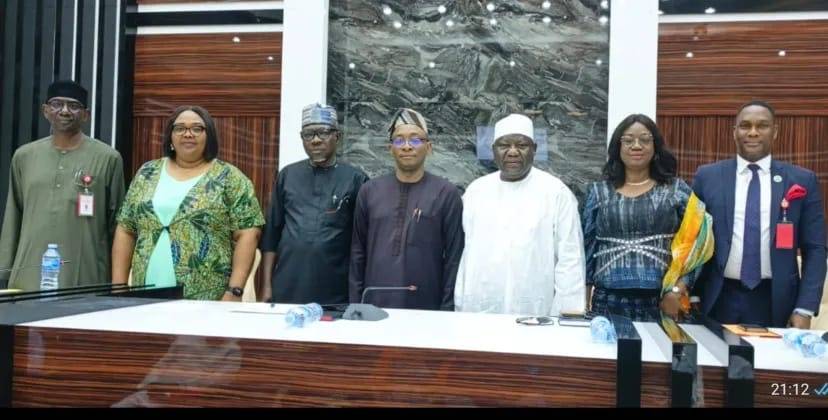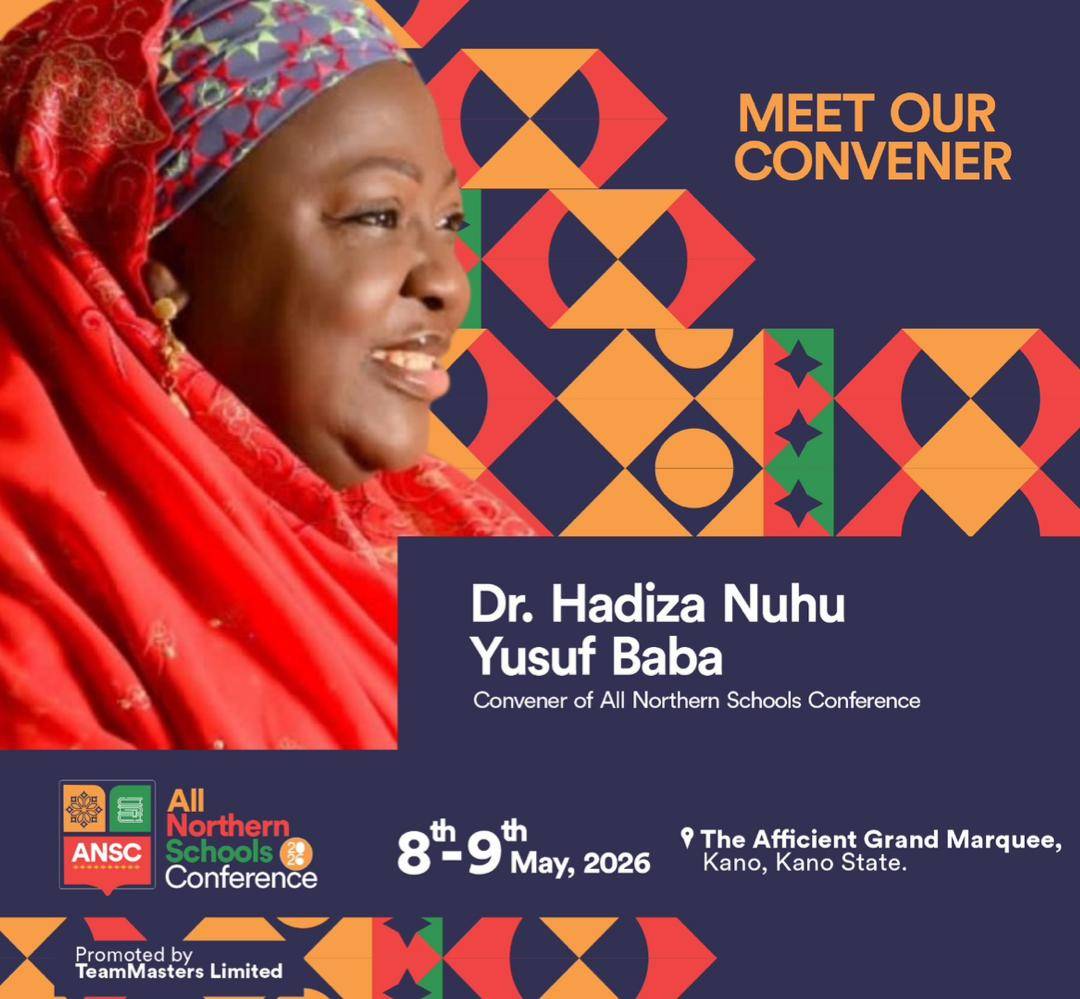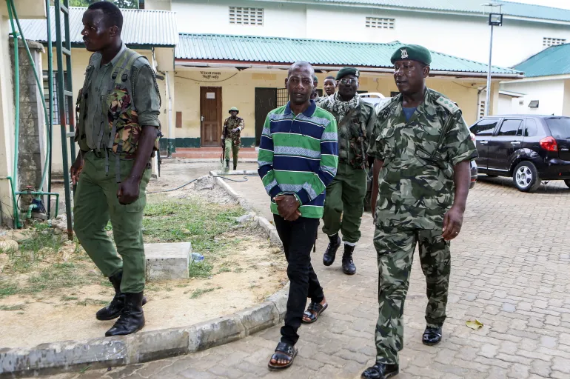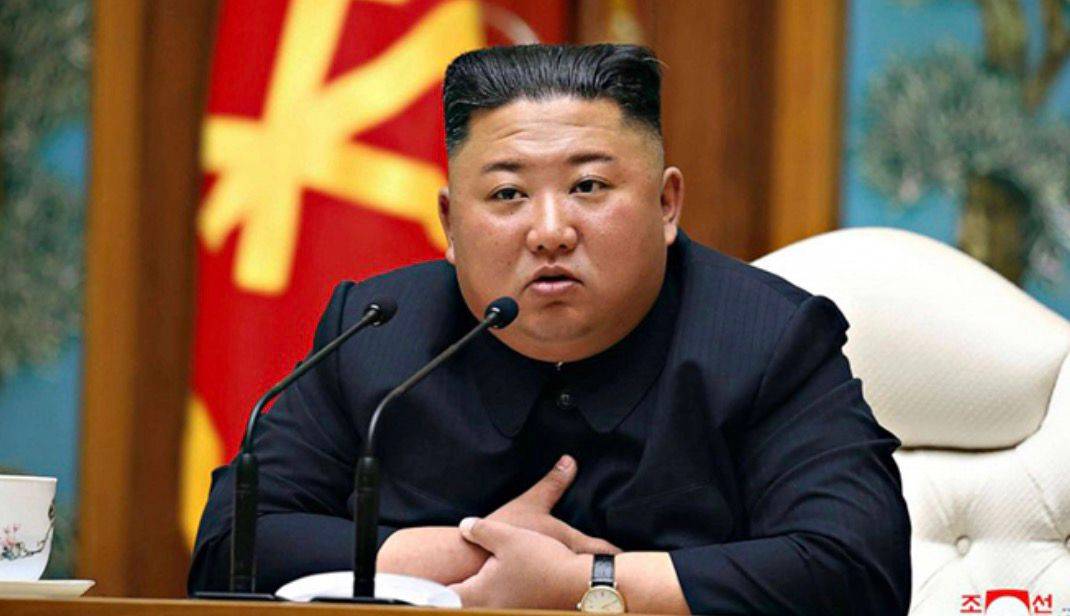By Palladium
The ruling All Progressives Congress (APC) has done its best to keep any thought of the next presidential election of 2027 at bay, but the main opposition Peoples Democratic Party (PDP) will not let sleeping dogs lie. Ecstatic about the outcome of the December 7 Ghanaian presidential poll won by the opposition National Democratic Congress (NDC) with a wholesome, unbridgeable margin of over 56 percent, PDP sympathisers simply extrapolated the victory and the margin, not to say the economic hardship factor that propelled the votes, and concluded that the opposition would win the next Nigerian presidential election. Chafing at the opposition insinuations, the Secretary to the Government of the Federation (SGF), George Akume, said last Sunday that there was no vacancy in Aso Villa.
Putting it officially thereafter, PDP National Publicity Secretary Debo Ologunagba last Monday argued that the Ghanaian poll presaged a massive repudiation of the APC in Nigeria in 2027. The link between the two polls, one this December and the other in faraway 2027, appears farfetched, but Nigerian politicians and their spokesmen have never been deterred by distance or illogic.
According to Mr Ologunagba, “The victory of democracy on the platform of the opposition NDC is a clear demonstration of the triumph of the power of the people over misrule and oppressive policies of government as now being witnessed in Nigeria under the corrupt, rudderless and insensitive All Progressives Congress (APC). The verdict of the people of Ghana in this presidential election is a signal to the APC that its days in office are numbered as the power of the people in Nigeria, just like in Ghana, will surely prevail, end APC’s oppressive rule, and return Nigeria to the path of good governance, security, political stability and economic prosperity on the platform of the PDP in 2027.”
Whether they like it or not, more than two years before the next elections, the APC will be dragged out of their lair to talk shop on politics. The ruling party has not yet made much sense out of an economy thrown out of kilter for decades, at least not yet, but its leaders are now fated to be distracted by talking politics well before they are ready. Formalising their response through the mouth of Mr Akume, the administration deadpanned, with a telling hint of sarcasm: “President Tinubu as a southerner should be allowed to have a second term, meaning that those eyeing the Presidency from the North in 2027 should look beyond that year by waiting till 2031. If it is the will of God for Alhaji Atiku Abubakar to be President of Nigeria, even at the age of 90, he can get it. But he and other northerners eyeing the office now should look beyond 2027.” It was hard getting the former vice president to reconcile himself at over 76 years old to his loss in last year’s presidential election; asking him at 80 years in 2027 to wait another four years until 2031 would crush his spirit. He won’t have it. Last year, he gave the presidential contest his desperate all, money and extraneous legal justifications; in 2027 he will give it his apocalyptic worst, everything of virtue and decency be damned.
Indeed, as a sign that his zeal and fanaticism would not flag, Alhaji Atiku said through his media adviser, Paul Ibe, that it was inequitable for southerners to occupy, by 2027, the presidency for 17 years while the North had occupied the seat for only 11 years. Should President Bola Tinubu run for a second term and win, the South would occupy the office for 21 years to the North’s 11. Alhaji Atiku does not for once believe in rotational presidency when his ambition is at stake. That is why he has run for president without break since 2003. That he contradicts himself by arguing against regional unfairness in the number of times the North and the South have occupied the high office is also of little consideration to him. He deliberately, provocatively and arbitrarily limited his power analysis to the pre-1999 cut off point, instead of making a holistic argument about power sharing and rotation in Nigeria, starting from 1960. Had that regression analysis been done, it would have been obvious to even someone as adamantly entitled and irredentist as he is that the North had occupied the highest seat of government for a whopping 48 years or so, of course with not much to show for their exertions and fecundity.
But perhaps the most curious of the PDP arguments, coming from both the opposition party’s spokesman and Alhaji Atiku’s media adviser, is their attempt to establish an implausible connection between the 2024 Ghanaian presidential poll and the forthcoming 2027 Nigerian presidential election. Conveniently ignored in the PDP analyses are three powerful reasons that make nonsense of any comparison. One is the fact that the opposition NDC candidate, John Mahama, won after having been president between 2012 and 2017, but was booted out of office after losing the 2016 poll due to economic downturn and hardship. Alhaji Atiku was never president. Two, President-elect Mahama is 66 years old, while by the next poll, Alhaji Atiku will be 80. And three is the fact that even before the votes were collated, Vice President Mahamudu Bawumia of the New Patriotic Party (NPP) conceded the election and congratulated the winner. Alhaji Atiku who claims to be a democrat par excellence never once conceded the six elections he lost. Extra proofs that the PDP extrapolations are misplaced relate to the 2024 Ghanaian poll turnout of 60.9 percent compared to Nigeria’s 26.72 percent in 2023 and 35.66 percent in 2019, and President Mahama’s nomination of a female running mate, Jane Nana Agyemang, a heresy the former vice president would never consider.
Culled from The Nation


